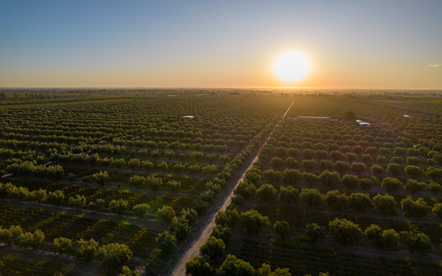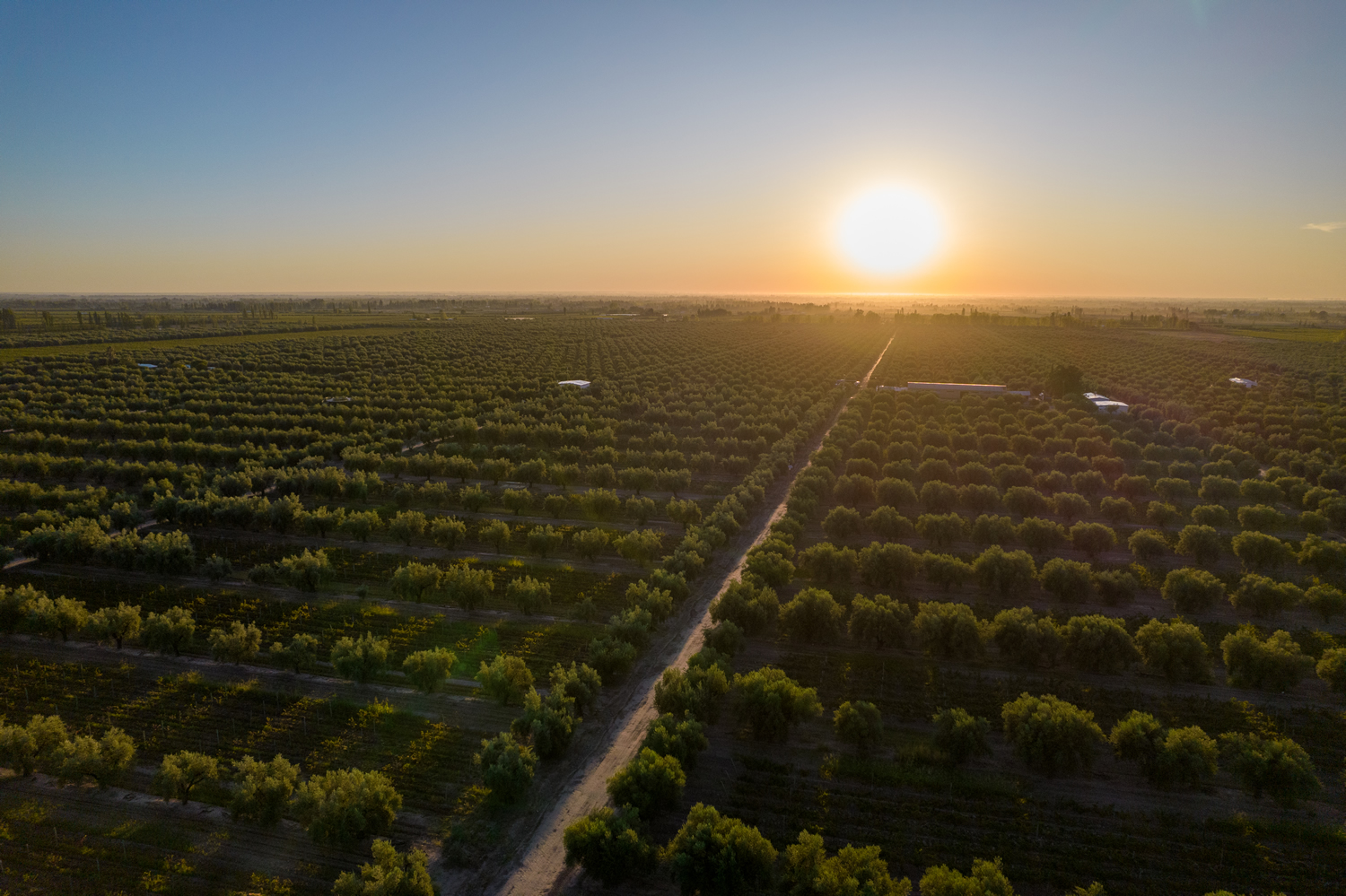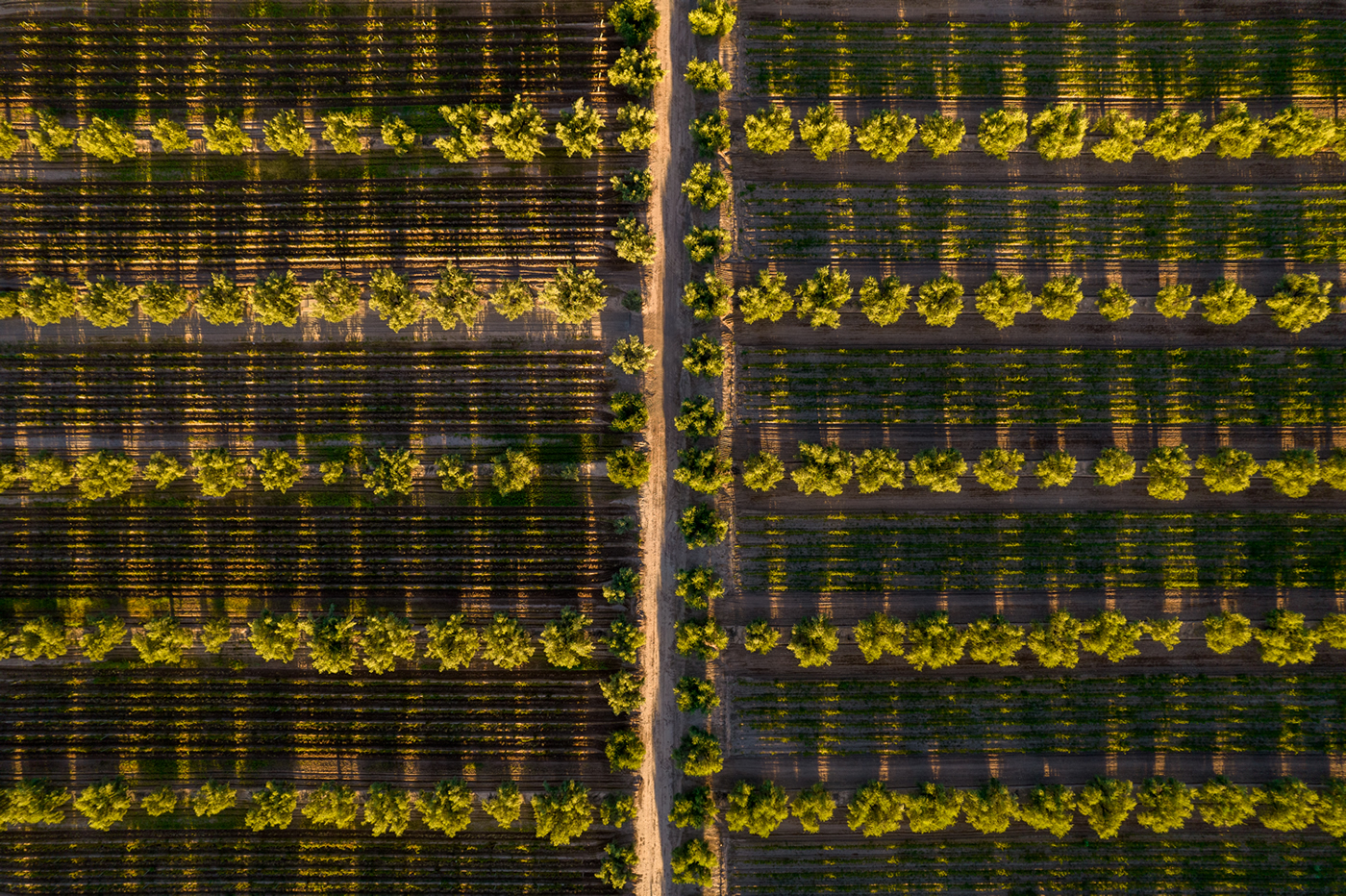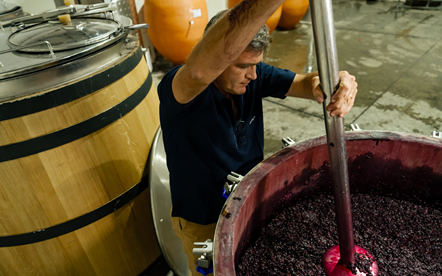
How does the altitude influence a wine’s character?
The character of a wine, i.e. what makes it peculiar and different from others, is closely linked to its terroir of origin. Among all the natural, cultural and human factors that make up the concept of “terroir”, there is a geographical element that is crucial for the style and personality of reds and whites: altitude. So much so that, in the various wine-producing regions of Argentina, altitude has even become one of the attributes that differentiate the national winegrowing industry.
In Mendoza, the different microterroirs of this province are considered “high-elevation deserts”, as these are plains with desert climate conditions found in mountain and foothill areas located over 800 meters above sea level. Luján de Cuyo, for instance, is situated within the range from 800 to up to 1100 meters, whereas the Uco Valley is located at 1700 m.a.s.l. As we approach the Andes Mountains, we begin climbing upwards in a land of poor, stony soils of alluvial formation, whose vines tend to be less vigorous but provide way more concentrated grapes of a strong mineral stamp.
Overall, the higher the elevation, the greater the temperature variation (-1 °C every 100 meters), so altitude is also fundamental for the estates’ microclimate. In recent years, winemakers and agronomists have purposefully sought for altitude in Mendoza, as this may help mitigate the lack of cold weather in lower regions, which is crucial for the proper development of the vines and their fruits.

The proximity to the sun adds character to grapes, distinguished by their thick skin and intense colours, aromas and flavours that are then carried to wines.

The peculiarity of high-altitude terroirs lies in their extreme thermal amplitude, with hot and sunny days and very cold nights, which are regarded as perfect conditions for grapes to reach their peak of ripeness and thus obtain wines of balanced aromas and flavours. This variation in temperature is decisive for the quality of wines since, if the hours of sunshine and warmth during the day are not balanced out by the cold temperatures at night, and if the four seasons of the year are indistinguishable from each other, fruits cannot reach their maturity through the development of essential components for a wine, such as aromas and tannins.
Likewise, the lack of thermal amplitude also makes it difficult for them to achieve the natural acidity levels required for wines to be fresh and flowing in the mouth. Therefore, altitude is inextricably associated with the temperature variations indispensable to reach the balanced but constant ripeness of the fruits that each great wine requires.
The high-altitude deserts from Mendoza are also characterised by their light intensity and the constant breeze that favour the vines’ health. The proximity to the sun adds character to grapes, distinguished by their thick skin and intense colours, aromas and flavours that are then carried to wines. This way, the altitude at which a vineyard is planted can be perceived in many of the wines’ characteristics, such as their intense colour, their notes of ripe fruit, the natural acidity and fluidity, their tannins, their varietal typicity, the sense of belonging to a particular terroir, and a very peculiar character.
In our estates at the Uco Valley, Los Miradores (1070 m.a.s.l.) and Miralejos (1085 m.a.s.l.), wines of excellent finesse, tension and freshness are born, like De Sangre Malbec Valle de Uco, which not only reflect the soil’s mineral imprint but also its microclimate and the great thermal amplitude of this particular terroir. In short, altitude not only has a direct effect on the health and quality of the fruits harvested at the vineyard, but also on the character of the wines made from them, and this is why this is such an interesting element within the complex concept of “terroir”.




